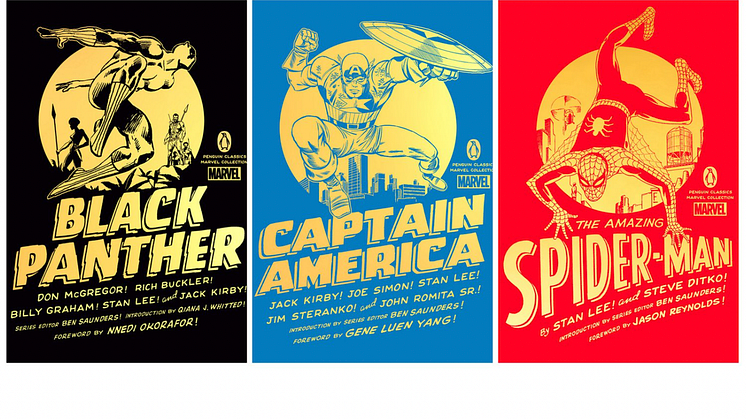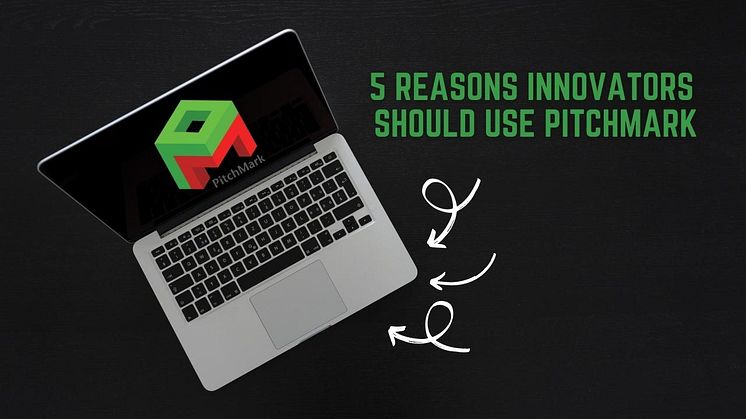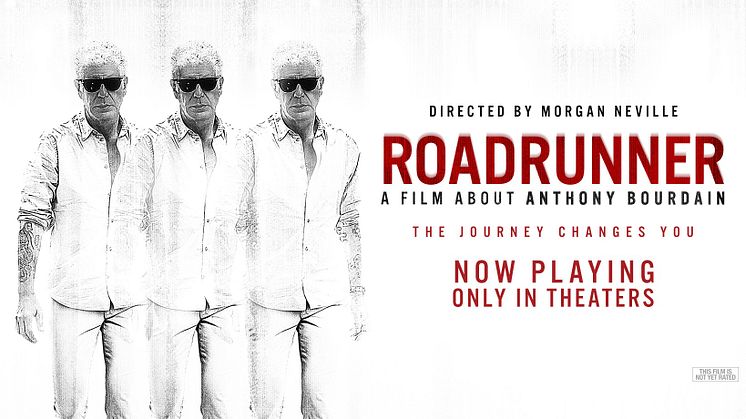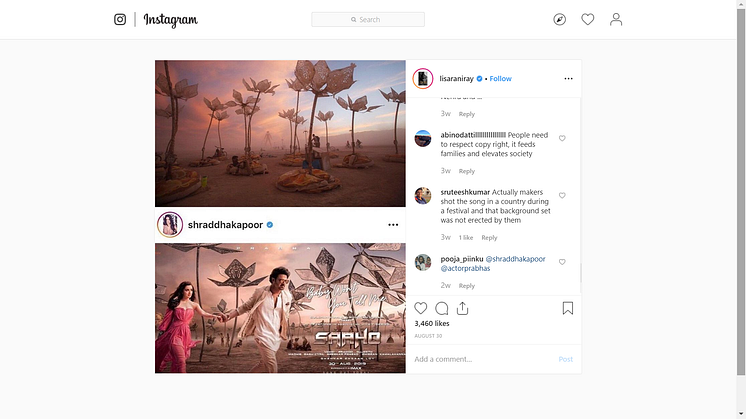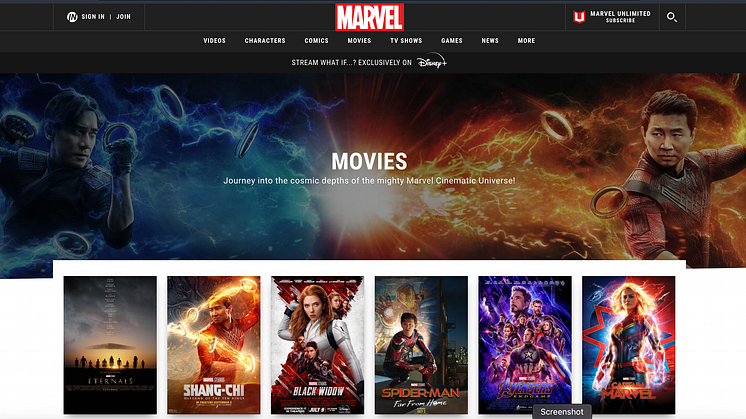
News -
Who gets paid when a superhero story succeeds?
This month sees the release of yet another Marvel superhero movie, Shang-Chi and the Legend of the Ten Rings. However, a lot of attention is still on the previous entry into the Marvel Cinematic Universe, Black Widow, due to an ongoing lawsuit.
Due to the uncertainties of relying solely on the traditional theatrical release model during the ongoing Covid-19 pandemic, that movie was released simultaneously in cinemas and on streaming platform Disney+ (Disney is Marvel Studio’s parent company). A significant portion of Black Widow star Scarlett Johansson’s salary was pegged to the film's box office performance, and she is suing Disney over the movie’s simultaneous release, arguing that constitutes a breach of contract. Some industry observers believe the hybrid release model depresses box office earnings, and stars are not currently compensated for how many new subscribers their movies bring in on streaming platforms.
Pop culture website Screen Rant’s take on the situation: “At heart, there's a simple question underpinning this: who gets paid for a superhero success story? It's strikingly similar to long-standing issues faced by writers and artists who work for big comic book publishers under work-for-hire contracts, and are not compensated when their characters and plots get brought to the big screen.”
In fact, this industry norm even led to the creation of Image Comics in 1992, which was founded by comic book artists unhappy with the status quo.
Image Comics allows comics creators to retain the media rights to their work, which means they get to profit from merchandise, tie-ins, and adaptations. This was a big reason Robert Kirkman, the creator of The Walking Dead comics, chose to work with Image Comics.
Because he had retained these rights, he was able to maintain creative control when The Walking Dead was adapted into a TV series, and also able to create and reap financial rewards from making related merchandise such as toys.
“Holding those rights was more valuable than taking those deals [from Hollywood that initially offered very little to option his creation],” he said. “I was defending this thing, but by defending it gave me the opportunity to do what I’m doing now.”
It’s a powerful lesson for all creators: think long-term and of the big picture when protecting your intellectual property, and do not allow others to profit from your hard work without making sure you can reap the benefits as well.


